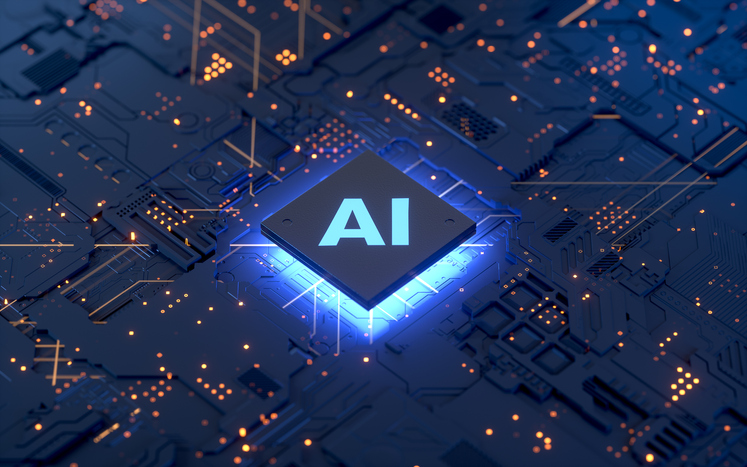Introduction
Advertising has come a long way since its inception, constantly evolving to keep pace with technological advancements. In recent years, Artificial Intelligence (AI) has emerged as a game-changer, revolutionizing the advertising industry. AI-powered tools and technologies are now taking a prominent role, enabling marketers to deliver personalized, targeted, and efficient advertising campaigns. From predictive analytics to chatbots and programmatic advertising, AI is reshaping how brands connect with their audiences. In this blog post, we will explore the various ways in which AI is transforming advertising and driving unprecedented success for businesses.
Enhanced Audience Targeting and Personalization
One of the significant advantages of AI in advertising is its ability to analyze vast amounts of data and generate valuable insights about consumer behavior. AI algorithms can analyze user preferences, browsing history, social media interactions, and other relevant data points to create accurate customer profiles. This data-driven approach empowers marketers to deliver highly targeted and personalized advertisements that resonate with individual consumers. By understanding consumer preferences, AI helps brands tailor their messaging, visuals, and even product recommendations, significantly improving ad relevance.
Programmatic Advertising and Real-Time Bidding
AI has transformed the way ad inventory is bought and sold with programmatic advertising. By leveraging AI algorithms, advertisers can automate the process of buying and optimizing ad placements in real-time. Programmatic advertising platforms analyze various data signals, such as user demographics, browsing behavior, and context, to identify the most relevant ad impressions for a given campaign. This ensures that ads are displayed to the right audience at the right time, maximizing the chances of engagement and conversion.
AI-powered programmatic platforms also enable real-time bidding, where advertisers bid for ad space on an impression-by-impression basis. AI algorithms evaluate multiple bids and make instant decisions based on factors like bid price, campaign goals, and historical performance data. This ensures efficient allocation of ad budgets and enhances overall campaign performance.
Chatbots and Conversational Advertising
Conversational AI, in the form of chatbots and virtual assistants, has become increasingly prevalent in advertising. Chatbots powered by AI are capable of engaging with users in natural language conversations, providing personalized recommendations, and answering queries. Brands are using chatbots to deliver targeted advertising messages through messaging apps, social media platforms, and websites. This approach allows for a more interactive and personalized advertising experience, where users can engage with brands in a conversational manner.
Chatbots can also gather valuable customer feedback, enabling businesses to understand consumer sentiment and preferences. This information can be leveraged to improve products, services, and marketing strategies. Moreover, chatbots provide round-the-clock customer support, ensuring a seamless user experience and fostering customer loyalty.
Predictive Analytics and Optimization
AI-driven predictive analytics is a powerful tool that helps advertisers anticipate consumer behavior and optimize campaigns accordingly. By analyzing historical data and identifying patterns, AI algorithms can predict future trends, allowing marketers to make informed decisions. Predictive analytics assists in forecasting demand, optimizing ad spend, and identifying the most effective channels for advertising.
Furthermore, AI can continually monitor and optimize advertising campaigns in real-time. By analyzing data such as click-through rates, conversions, and engagement metrics, AI algorithms can make automatic adjustments to ad targeting, creative elements, and bidding strategies. This iterative process ensures that campaigns are constantly refined for maximum performance and ROI.
Conclusion
The rise of AI in advertising is undeniable, as it brings numerous benefits to both marketers and consumers. AI’s ability to analyze vast amounts of data, deliver personalized experiences, and optimize campaigns in real-time has transformed the way businesses engage with their audiences. With enhanced audience targeting, programmatic advertising, conversational AI, and predictive analytics, AI is driving unprecedented success for advertisers. As AI technology continues to advance, we can expect even more innovative and impactful applications in advertising, shaping the future of the industry. Embracing AI-powered solutions will be crucial for businesses looking to stay ahead in the increasingly competitive advertising landscape.
